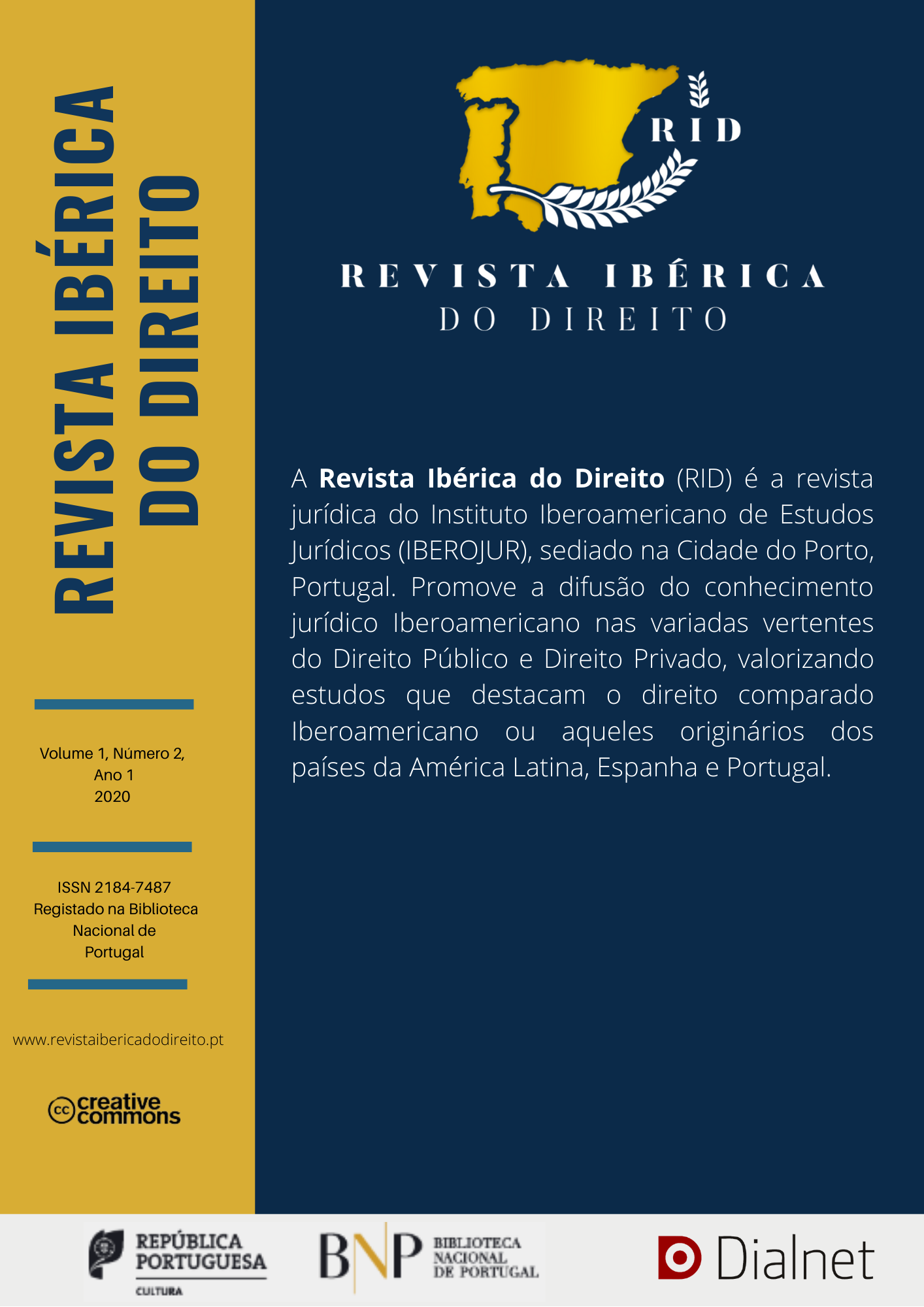Responsible AI licenses - a real alternative to generally applicable laws?
Mots-clés :
Responsible AI License, artificial intelligenceRésumé
The aim of the conducted research is to present general characteristics of Responsible AI Licences, analyze their advantages and disadvantages as well as assess whether they can find wider application in practice and, above all else, to find the answer to the question posed in the title, that is if Responsible AI Licences can truly be considered a genuine alternative to generally applicable laws as a means of regulating the legal status of Artificial Intelligence. In the article the scientific content of studies on artificial intelligence and licensing of artificial intelligence has been analysed with a special emphasis on a legal point of view. Responsible AI Licences templates present on the Internet were also analysed and discussed. In view of the reflections made in the article, we must embrace the view that allows for a broader application of Responsible AI Licences in practice. Suitably drafted templates and clauses may very well be able to supplement generally applicable laws, as well as serve as a kind of “prosthesis” until relevant provisions are enacted. At the same time, however, Responsible AI Licences cannot be regarded as a real alternative to generally applicable laws and provide a comprehensive regulatory framework for the creation and use of AI.
Références
BASSETT G., FITZGERALD B. (eds.). Legal Issues Relating to Free and Open Source Software, pp. 1-126. Available at: http://eprints.qut.edu.au/13673/1/open_source_book.pdf. Access: 25th May 2020.
Bosch code of ethics for AI. Available at: https://assets.bosch.com/media/en/global/stories/ai_codex/bosch-code-of-ethics-for-ai.pdf. Access: 25th May 2020.
Communication from the Commission to the European Parliament, the Council, the European Economic and Social Committee and the Committee of the Regions – Building Trust in Human Centric Artificial Intelligence (COM(2019)168).
EHMKE, C. A. An Ethical License for Open Source Projects, Available at: https://firstdonoharm.dev/. Access: 25th May 2020.
HARRIS D. Deepfakes: False pornography is here and the law cannot protect you, in Duke Law & Technology Review, vol. 17, 2019, pp. 99-127.
JOHNSON K. RAIL debuts license agreements for the responsible use of AI. Available at: https://venturebeat.com/2019/02/11/rail-debuts-license-agreements-for-the-responsible-use-of-ai/. Access: 25th May 2020.
Responsible AI End-User License. Available at: https://www.licenses.ai/enduser-license. Access: 25th May 2020.
Responsible AI License. Available at: https://docs.edgeimpulse.com/page/responsible-ai-license. Access: 25th May 2020.
Responsible AI Source Code License. Available at: https://www.licenses.ai/open-source-license. Access: 25th May 2020.
SZPYT K. Sztuczna inteligencja i nowe technologie (nie zawsze) w służbie ludzkości, czyli cywilnoprawna problematyka rozwoju i popularyzacji technologii deepfake. In: FLAGA-GIERUSZYŃSKA K.; GOŁACZYŃSKI J.; SZOSTEK D. (eds.). Sztuczna inteligencja, blockchain, cyberbezpieczeństwo oraz dane osobowe. Zagadnienia wybrane. Warsaw: C. H. Beck, 2019, pp. 75-94.
The Commission communication of 25 April 2018 on Artificial Intelligence for Europe (COM(2018)0237).
The Commission report of 19 February 2020 on safety and liability implications of Artificial Intelligence, the Internet of Things and robotics.
The report of 8 April 2019 of High-Level Expert Group on Artificial Intelligence entitled “Ethics Guidelines for Trustworthy AI”.
White Paper of 19 February 2020 on Artificial Intelligence – A European approch to excelence and trust.
ZALEWSKI T. Definicja sztucznej inteligencji, in: ŚWIERCZYŃSKI M.; LAI L. Prawo sztucznej inteligencji, Warsaw: C. H. Beck, 2020, pp. 1-14.
Téléchargements
Publiée
Numéro
Rubrique
Licence
(c) Copyright Revista Ibérica do Direito 2020

Ce travail est disponible sous licence Creative Commons Attribution - Pas d'Utilisation Commerciale - Pas de Modification 4.0 International.
Este trabalho está licenciado sob uma Licença Creative Commons Attribution 3.0


